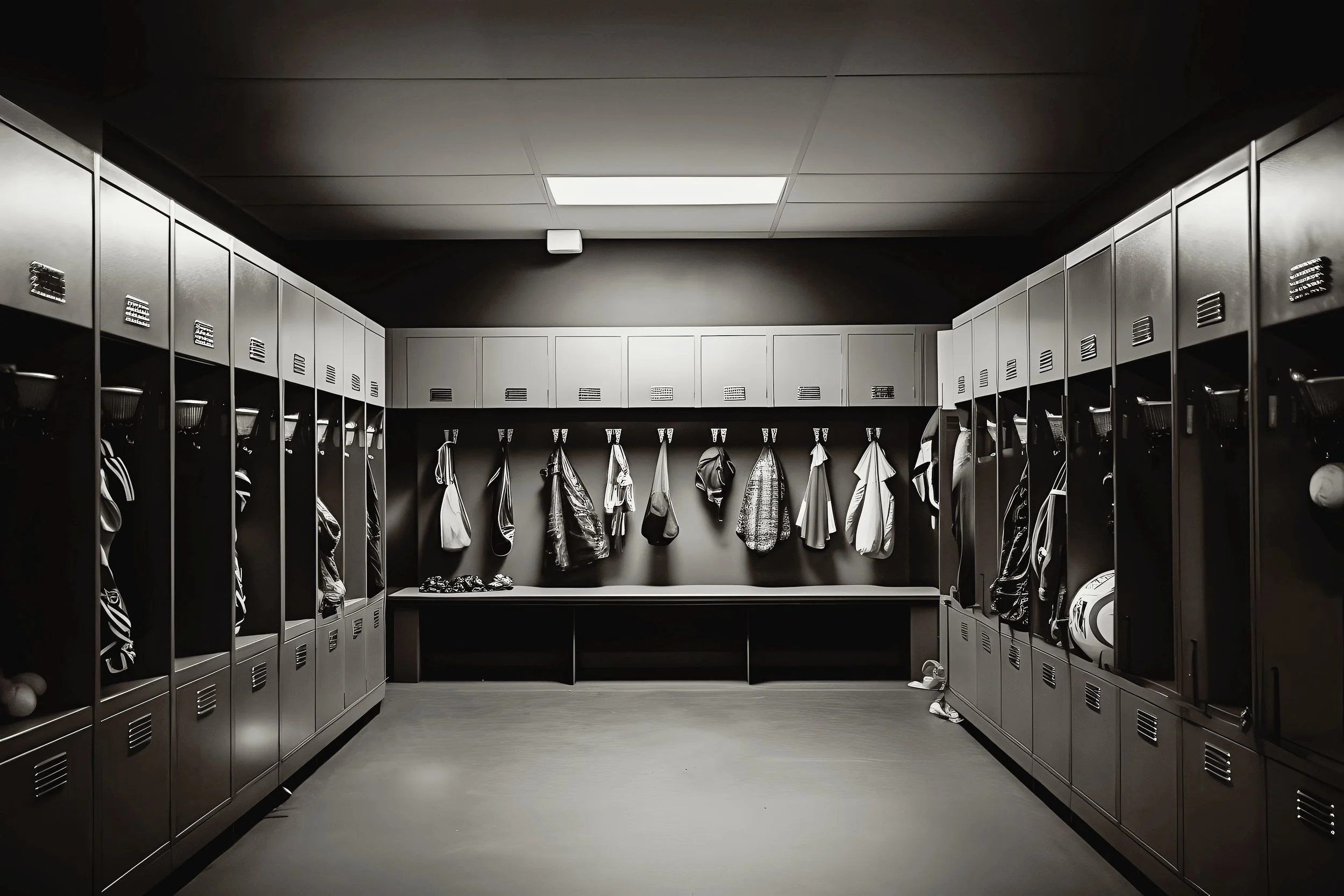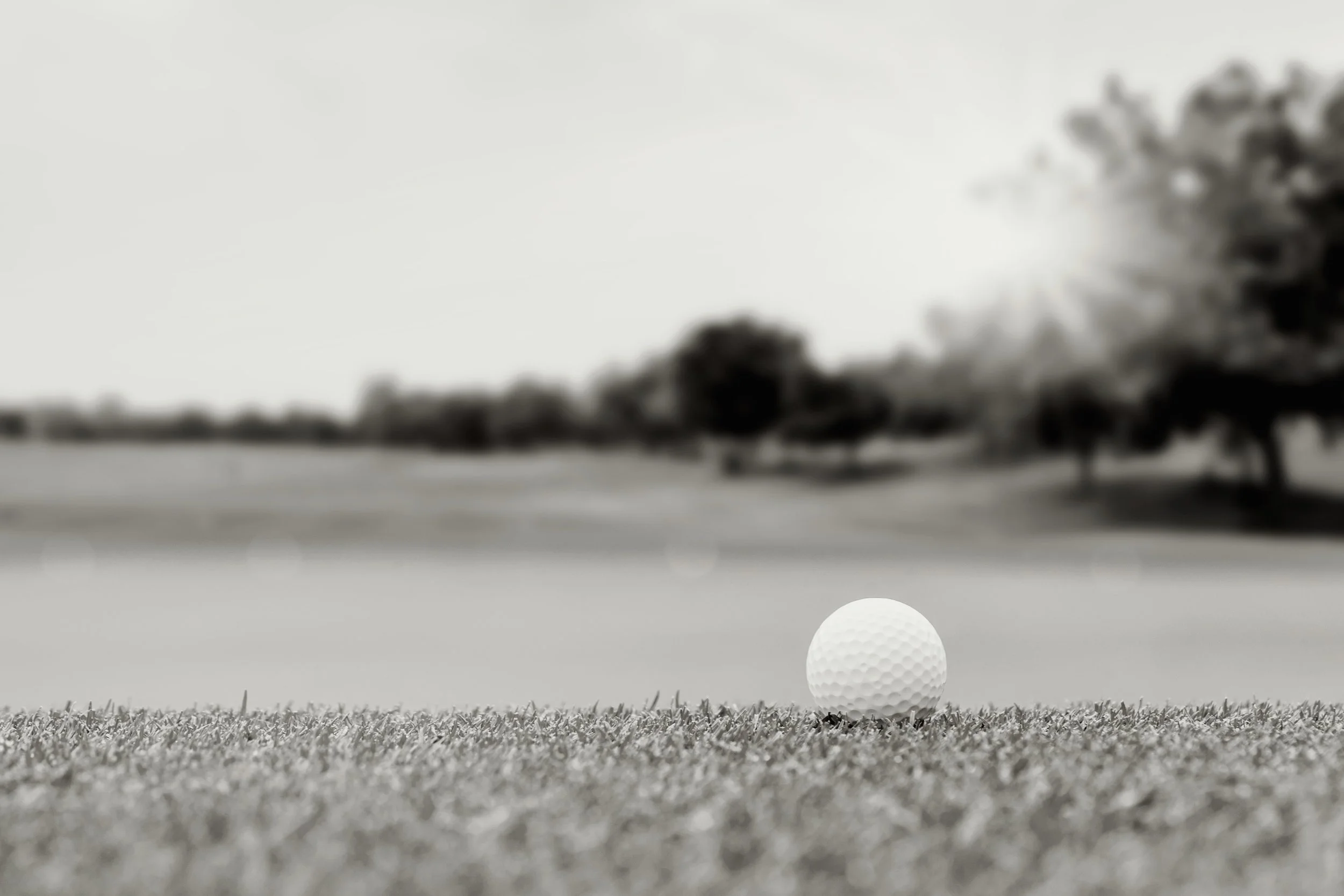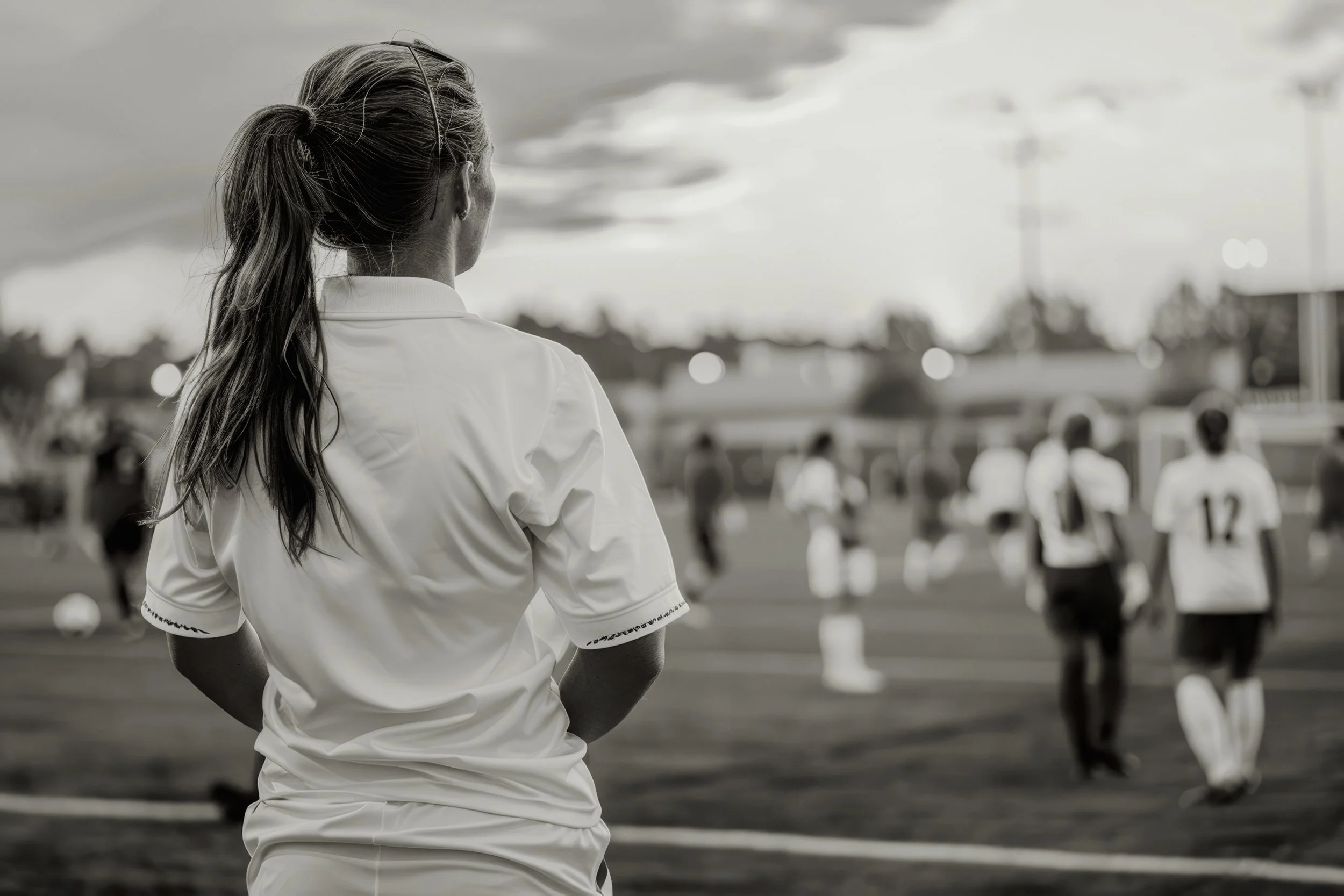Services
How I Work
My practice is now primarily focused on pre-collegiate athletes, although my roster of athletes will always feature longstanding professional and collegiate level relationships that have been fostered throughout my career.
Each athletic scenario is idiosyncratic, and as such each athlete and family will have a bespoke program tailored to their needs. This includes the induction process, introductory meetings with parents and athletes, and the agreed upon working practices moving forward. The specific details of the working process will be discussed in-person with both parents and athlete. This is a two-way conversation - not a prescription.
I have several established frameworks I have used throughout my career. However, I am always keen to innovative and evolve with the field of sport psychology and the sports milieu overall. This ensures my athletes receive work at the cutting edge. The landscape for the youth athlete is always changing; the technological aspects alone require constant monitoring and engagement. It is paramount to meet the youth athlete where they are, not where you wish they were.
Pre-Collegiate Athletes
Middle school and high school athletes are at the ideal age to learn how to balance their passion and talent for their sport with myriad competing activities life has to offer. This is also the time when elite performers begin to separate themselves from their peers while every aspect of their sport intensifies significantly.
Common Areas of Focus
Balancing academic demands with sport
Planning a well-rounded, practical schedule (including essential downtime, social time, relaxation, etc.)
Navigating family dynamics and challenges
Navigating team dynamics and peer influence
Managing pressure to perform and execute
Positioning and prep for recruiting and scouting
Specific goal setting and planning
Collegiate/Professional Athletes
Collegiate and professional athletes face intense and persistent pressure to perform at the highest level while academic, family, social, and career demands are competing for time and attention. Many athletes at these levels can benefit from examining their deeply entrenched habits and routines in the context of their life outside of sport.
Common Areas of Focus
Consistent repeatable peak performance
Rediscovering one’s passion for the ‘game’
Avoiding burnout syndrome
Balancing life logistics with elite performance
Prioritizing multitudinous demands
Tailored goal setting and motivation
Managing immense external pressure to perform
Coaching Dynamics
In an ideal world, coaches would be fair, well-adjusted, well-educated, well-balanced and focused only on an egalitarian approach to choosing rosters and assessing athletes. I have lived a lifetime in and around sport and know this is often not the case. Learning how to better understand and communicate with coaches (whether you like them or not) is absolutely paramount for an athlete to achieve their long term goals.
Common Areas of Focus
Understanding the coach’s mindset
Coaching vocabulary training
Negotiating coaching abuse and unfairness
Your goals vs. coaches goals, and how to walk the line between the two
Navigating coaching bias (the game within the game)



